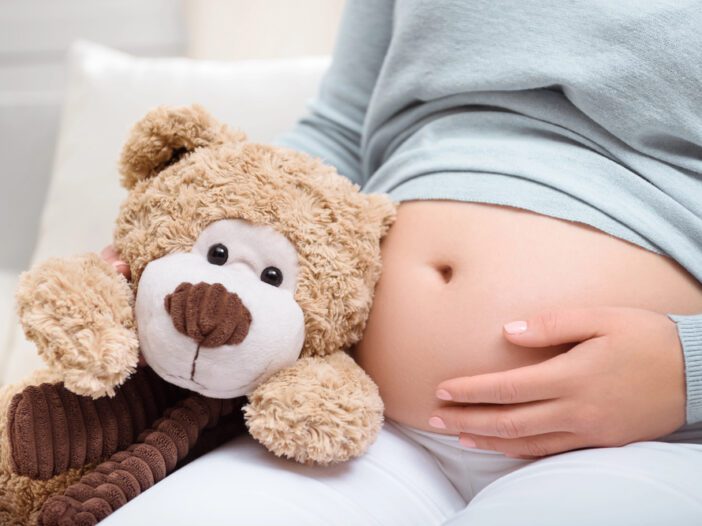
Unless you’ve been diagnosed with a condition like diminished ovarian reserve, early menopause or another infertility condition that means your eggs aren’t available for in vitro fertilization (IVF), donor eggs may not be on your radar as a potential fertility solution.
However, in many cases, especially when a woman is 40-years old or more, donor eggs are the best option for achieving a healthy pregnancy and live birth without a prohibitive number of IVF cycles.
Donor Eggs Increase Women’s Chances of Fertility Success
While fertility and assisted reproductive research has come a long way, there are still a great deal of “unknowns” in the mix. Egg viability is one of these. While some genetic abnormalities are identifiable, there are plenty of cases where a seemingly healthy sperm and egg simply don’t make healthy embryos, or embryos do not survive the implantation process and/or a full-term pregnancy. Donated eggs are often the solution, so the more you learn about donor eggs, the more comfortable you will be in considering them for your fertility treatment solutions.
Here are some facts you’ll want to know about donor eggs here at RRC.
- Donor eggs are used just like yours. If we have determined that you have poor or non-existent ovarian function, or when a high percentage of your eggs show signs of chromosomal abnormalities, we’ll often suggest the use of donor eggs. These eggs are harvested from young, healthy and generous women who want to help people like you to become parents. The eggs will be fertilized with sperm from your partner and a healthy embryo will be implanted into your uterus for IVF.
- Donor egg IVF helps a wide range of women become mothers. We recommend the use of a donor egg in a wide range of infertility scenarios, including:
–repeat failed IVF cycles related to compromised egg quality.
–declining ovarian function, most often related to advancing age.
–women who are menopausal.
–women born without ovaries or who have had them surgically removed.
–women experiencing infertility as a result of cancer therapy. - Donor eggs can yield higher IVF success rates. RRC’s live birth rate average within our donor egg program has had a very respectable and successful live birth rate.
- Your success rate will jump age brackets. One of the magical things about using a donor egg is that your success rate will jump to the age of the donor. So, if you are 45 years old and you use an egg from a 25-year old woman, your IVF success rate will increase significantly.
- Donor eggs come from amazing women. There is no one profile that fits the type of women who choose to donate eggs. Our eggs are retrieved from young women of diverse ethnic and socioeconomic backgrounds. They are athletes, scholars, artists and musicians. You will have the opportunity to peruse the profile of potential donors so you can choose a donor that matches your physical attributes and interests. They have all passed intense and thorough medical and psychological screenings prior to being accepted as an egg donor.
- You get to choose your donor. As mentioned above, couples get to choose who their donor eggs come from. You will be able to select a donor from one our affiliate egg banks, that matches your phenotype. These donor profiles will contain information about respective donors’ physical characteristics medical history, physiological details, preferences, interests and talents. Then YOU get to choose which eggs you want to use.
- Someone you love can donate eggs. Do you have a sister, aunt, cousin, friend, etc., who is interested in donating an egg for you? That’s wonderful. She will still need to undergo a medical and psychological analysis as well but, if everything checks out, her eggs are welcome!
- Only you and your partner will be considered the legal parents. When women choose to donate eggs, they do so with the understanding that they are relinquishing all legal rights and responsibilities for any child that is created using those eggs.
- You only have to wait a month! Typically, our couples take anywhere from 10 seconds to about 90 days to select their egg donor. Once you’ve decided, however, you can typically begin your first donor egg IVF cycle within 30 short days.
Please contact RRC to learn more about donor egg IVF and to find out if you and your partner are candidates. We will do everything we possibly can to increase your chances of IVF success.
 Patient Portal
Patient Portal